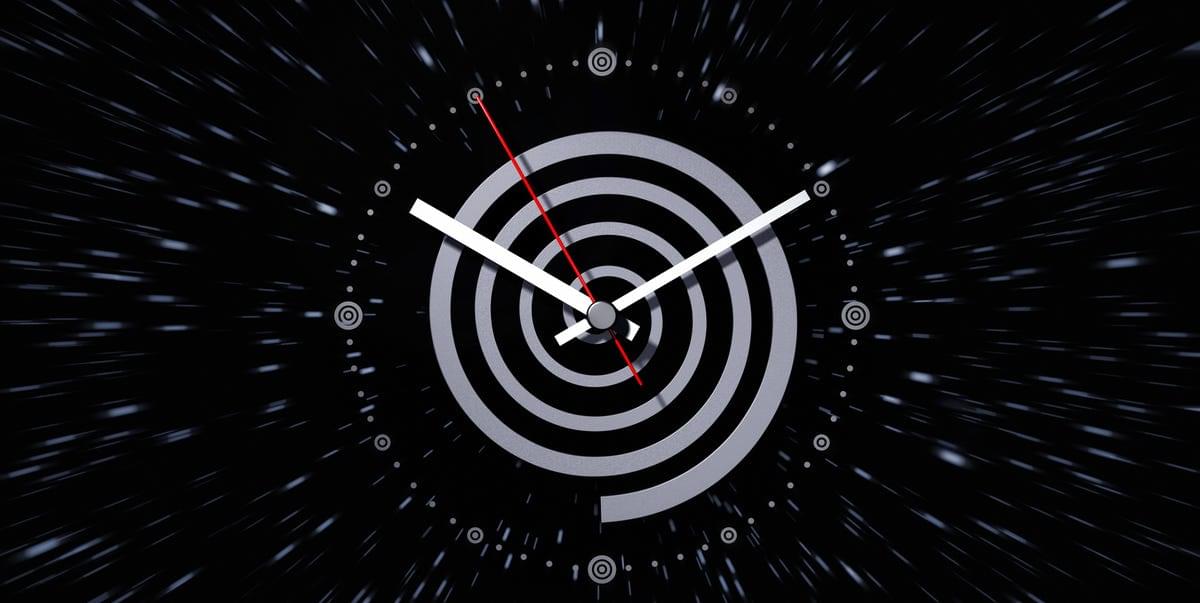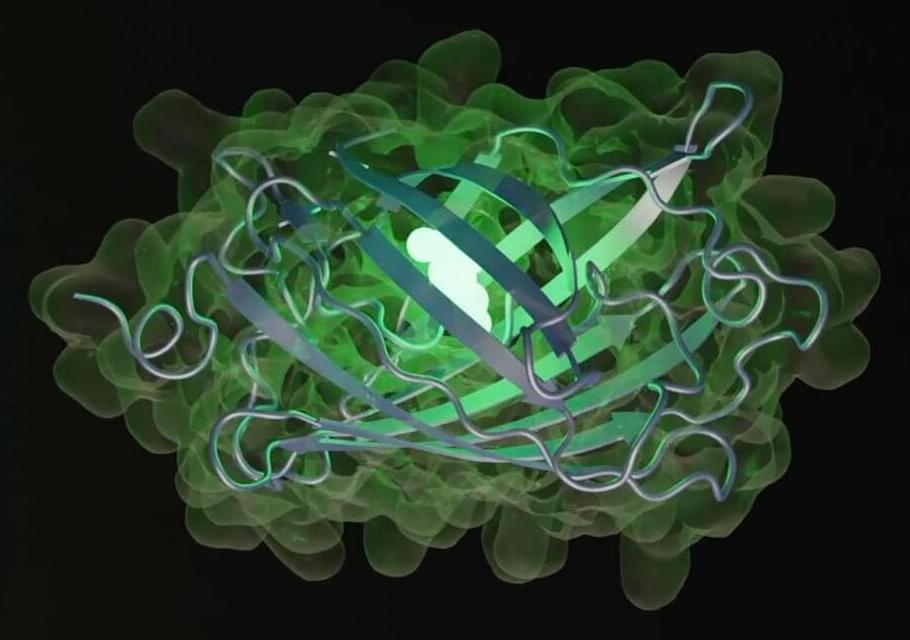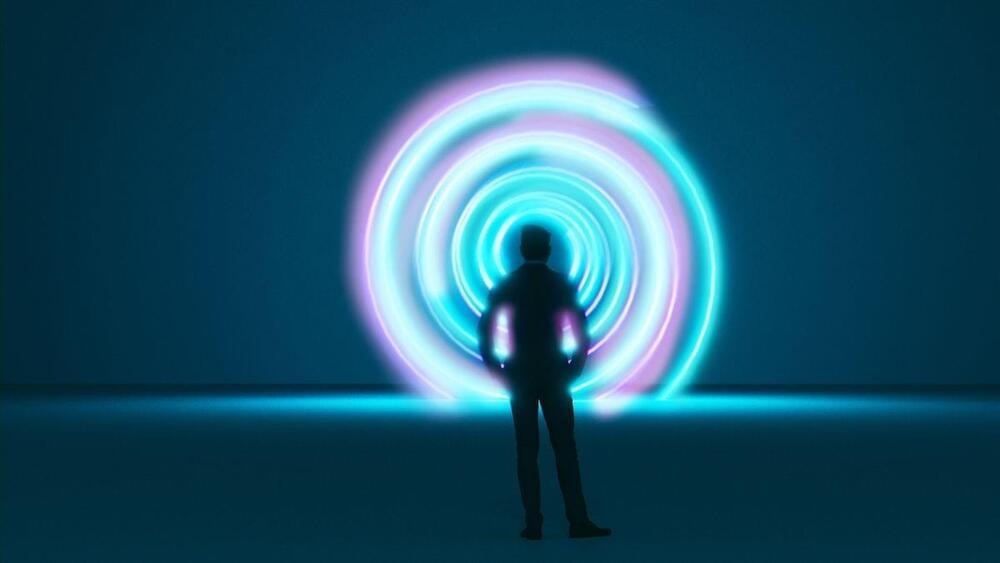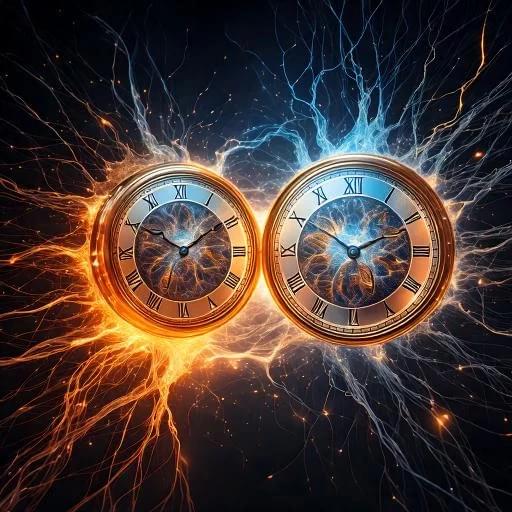Go to https://ground.news/startalk to stay fully informed on the latest Space and Science news. Subscribe through our link for 50% off unlimited access to the Vantage plan this month.
Could you travel back in time through a wormhole? Neil deGrasse Tyson sits down with theoretical physicist and Nobel Laureate Kip Thorne to reflect on discovering gravitational waves with LIGO, the science in the movie Interstellar, black holes, and many more mysteries still yet to be answered.
Discover the origin story of the movie Interstellar on its 10th anniversary. Kip explains how science, not fiction, shaped the film’s narrative—from the colossal waves on Miller’s planet to the physics behind black hole time dilation. Discover the recipe for how to create a wormhole and how turning on a time machine could cause it to self-destruct. Plus, learn about the Casimir effect, exotic particles, and how LIGO manipulated vacuum fluctuations to bypass the uncertainty principle.
Neil and Kip dig into the origins of gravitational wave detection, tracing its roots to Joe Weber’s early experiments and Ray Weiss’s unpublished paper. Kip reflects on the decades of work required to make LIGO a success, the challenges of measuring distortions a fraction of a proton’s width, and the historic detection of gravitational waves in 2016 that confirmed Einstein’s predictions.
Why don’t quantum physics and the theory of relativity mix? We discuss the mysteries of quantum gravity, the paradox of black hole information loss, and Kip’s legendary bet with Stephen Hawking and John Preskell. Kip explains why backward time travel may be possible, Hawking Radiation, and theories for why information can be lost. As they explore the intersection of science and art, Kip discusses his passion for storytelling and some of his future projects, from his poetry-art collaborations to documenting the history of LIGO.
Timestamps:





